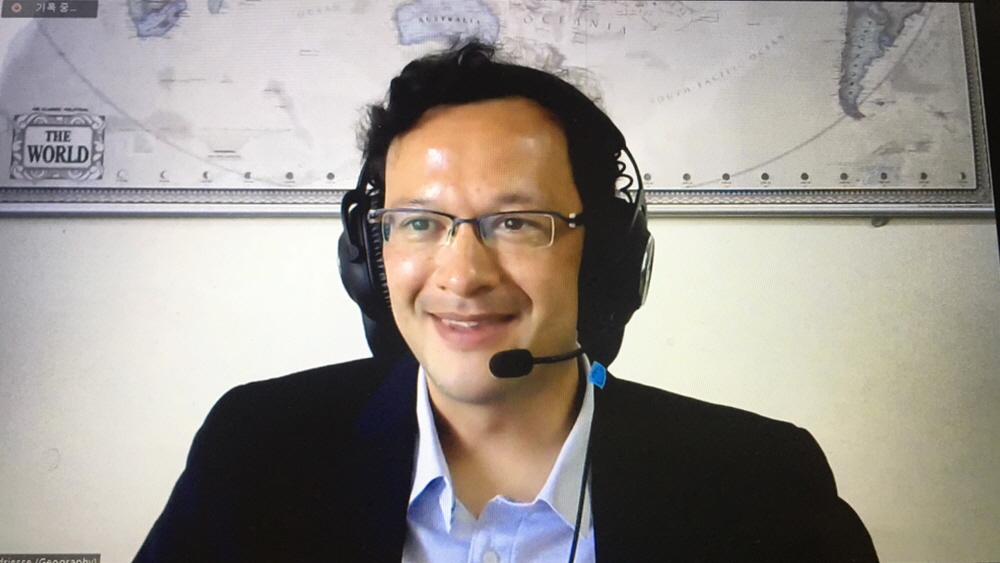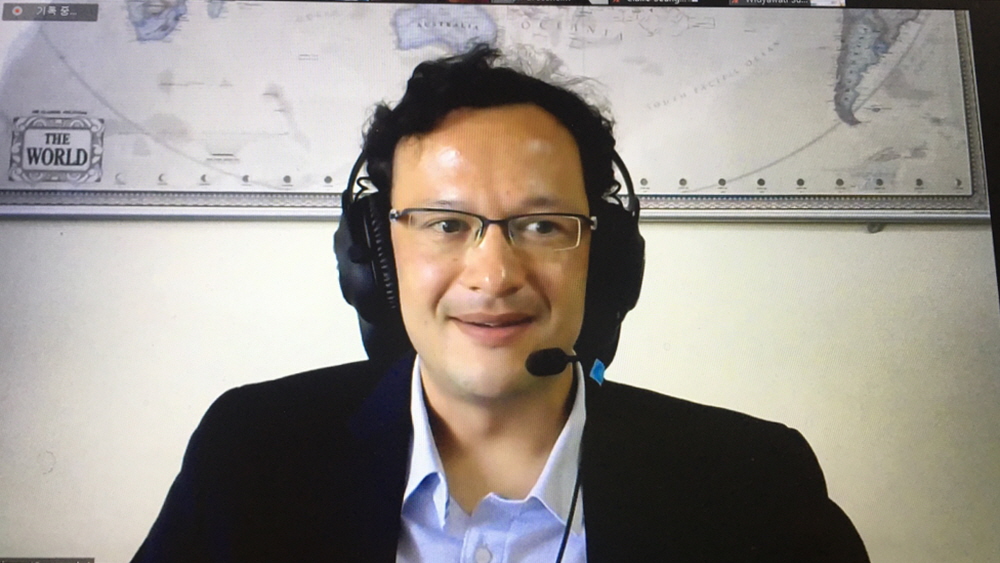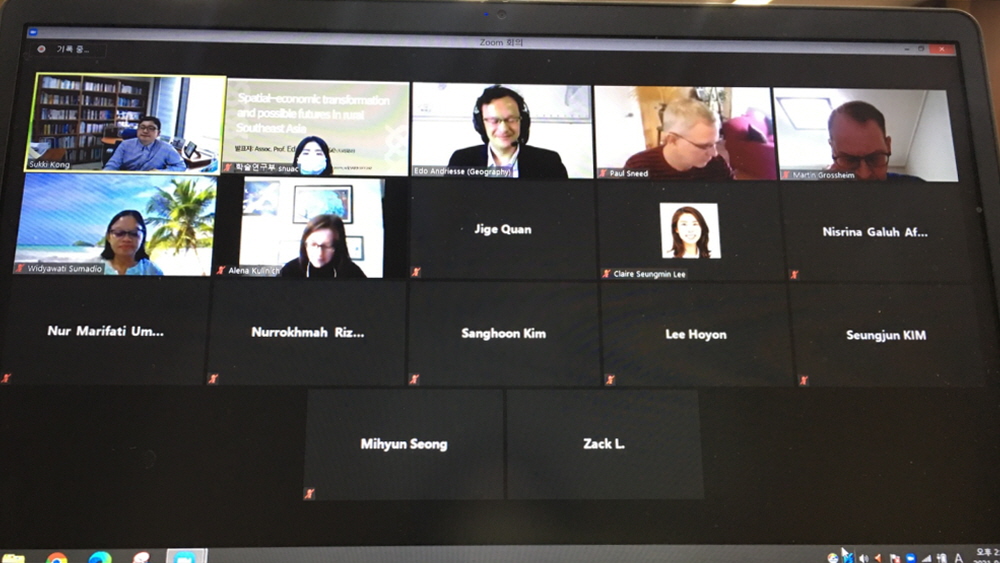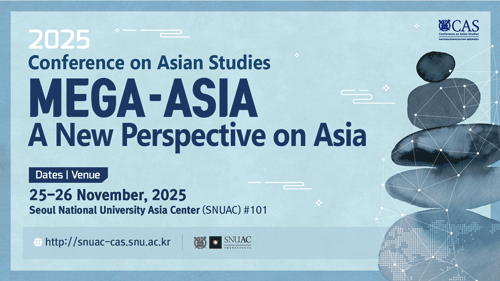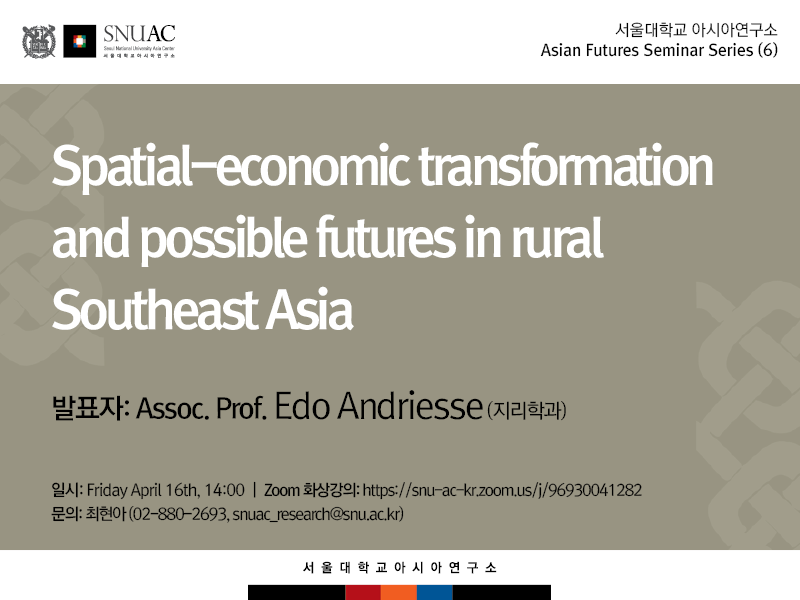
서울대아시아연구소 는 서울대 외국인 교수들의 특별강연 으로 구성된 ‘서울대학교 아시아연구소 Asian Futures Seminar Series’를 기획하였습니다. 오는 4월 16일에는 지리학과 의 Edo Andriesse 교수를 모시고 ‘Spatial-economic Transformation and Possible Futures in Rural Southeast Asia’를 주제로 여섯번째 특별강연이 개최됩니다. 관심있는 분들의 많은 참여 바랍니다.
※ 행사진행언어: 영어
※ ZOOM 온라인 참가 링크: https://snu-ac-kr.zoom.us/j/96930041282
This seminar delves into the effects of the continuing structural economic transformation on the economic and development geography of Southeast Asia. An important question that will be addressed is to what extent the shift from agriculture and fisheries to manufacturing and services is not only contributing to urban economic growth, but also to rural poverty reduction. The 1998 Asian Financial Crisis and the ongoing Covid-19 pandemic have demonstrated that the process of urbanization is not linear. In times of crises jobless urban people return to their rural home villages. Rural areas appear to be more meaningful than anticipated in the quest for achieving livelihood security. This seminar seeks to discuss the implications of these patterns of circular migration for possible rural Southeast Asian futures.
Edo Andriesse is an associate professor at the Department of Geography, Seoul National University. He teaches a wide range of human geography courses at undergraduate and graduate level. His research interest is rural development in Southeast Asia through the lenses of economic geography and development geography (environmental pressures, poverty issues, and local politics). He has fieldwork experience in Thailand, Malaysia, Lao PDR, Indonesia and the Philippines.
Photo
Review
지난 2021년 4월 16일(금), 서울대 지리학과 Edo Andriesse 교수를 모시고 여섯 번째 Asian Futures Seminar Series 특별강연이 개최되었다. 본 강연의 주제는 “Spatial-economic Transformation and Possible Futures in Rural Southeast Asia” 였으며, 화상으로 진행되었다.
Andriesse 교수는 세 가지 연구 질문을 중심으로 강연을 진행했다. 첫 번째는 농업과 수산업 중심의 경제에서 제조업과 서비스업 중심의 경제로 변화하면서 도시 경제와 지방 빈곤 감소에 어떤 영향이 있는가에 관한 것이었다. 발표자는 태국, 베트남, 필리핀 사례를 중심으로 설명했는데, 대부분의 국가들에서 인구이동은 국가경제와 밀접한 연관성이 있음을 지적하고, 전반적으로 경제가 좋을 때는 많은 노동력이 농촌에서 도시로 이동하지만, 경제가 나쁠 때는 다시 도시에서 농촌으로 이동하는 순환 이주(circular migration)가 발생한다는 점을 밝혔다. 이 때문에 Andriesse 교수는 농촌사회를 부흥시키는 것이 도시의 성공과 소득격차 해소에 결정적이라고 주장했다.
두 번째 연구 질문은 외부충격과 생활수준의 연관성에 관한 것이었다. 발표자는 1997년 아시아 금융위기, 자연재해, 오늘날의 코로나-19 사태와 같은 외부충격으로 인해 많은 국가들이 경제적 어려움을 겪음과 동시에 빈부격차 또한 심해진다고 말했다. 일례로, 동남아 수산업은 관광객 수요에 상당 부분 의지하고 있는데, 코로나-19 사태로 인해 관광객의 발길이 끊기고 수산품 수요가 떨어지는 악영향이 발생했다.
마지막 연구 질문은 동남아 농촌사회의 미래에 관한 전망이었다. 크게 세 가지 미래 발전 경로가 있을 수 있는데, 첫 번째는 경지 정리, 근대화, 농촌사회로부터의 이탈 경로다. 이를 따라가는 국가는 동남아에서 말레이시아가 유일하다. 말레이시아를 제외하고 대부분의 국가들이 두 번째와 세 번째 경로를 따라가고 있는데, 그것은 바로 소작농과 분산된 형태의 생계수단 경로와 다양한 토지사용과 변화 경로다.
발표자는 끝으로 “평균(average)”과 “상위소득 중산층(upper middle-income country)” 같은 단어의 사용을 조심해야 한다고 지적했다. 소득격차 및 빈부격차가 큰 상황에서 평균 지수가 개선된다고 해서 저소득층과 지방사회의 빈곤 또한 개선된다고 볼 수 없기 때문이다. 따라서 Andriesse 교수는 농촌사회를 개선하고 발전시킬 수 있는 방법을 강구해야 여러 동남아 국가들의 경제적 어려움을 극복할 수 있다고 말했다.
글 | 김상훈(연구연수생 14기)
